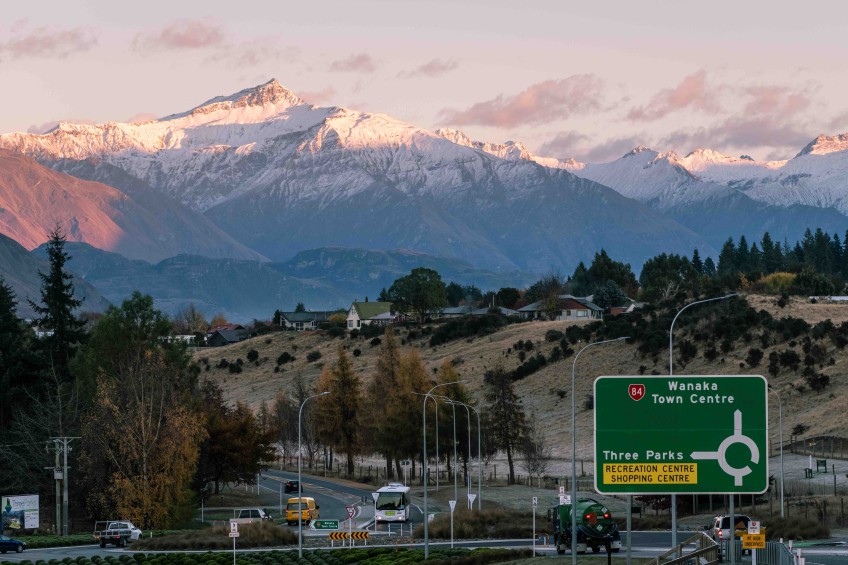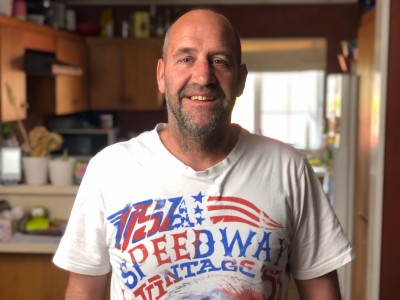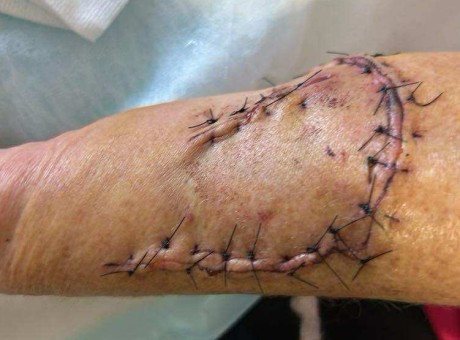Wānaka breakaway petition numbers stack up

At least one box has been ticked on the way to deciding if Wānaka man Dean Rankin's petition to separate Wānaka and the Upper Clutha off from the Queenstown Lakes District has legs.
Mr Rankin says he has now received official confirmation his petition has the required number of signatures from local voters that is required to consider triggering a rethink of local governance in the area.

Dean Rankin is on a mission to have Wānaka and the Upper Clutha go it alone, and be governed without Queenstown and the Wakatipu attached.
The Local Government Commission, who had received Mr Rankin's 1,822-signatures-strong challenge in March, had asked the Queenstown Lakes District electoral officer to check the list of signatories against the electoral roll.
By their count, 1,241 of the names on the list can be identified as voters, and that is enough, as 10 percent is the magic number.
There are currently 10,680 voters on the roll for the ward, so to meet the 10 percent requirement, a minimum of 1,068 of the names on the list would need to be on the electoral roll.
Mr Rankin's petition makes it with 487 names to spare.
He reckons more of his petition signees are also voters, they may just have been caught out as being not on the electoral roll locally, if they own property in the ward but live in another district.
These ratepayers who live elsewhere actually have to apply to go on the QLDC ratepayer electoral roll as it does not happen automatically, he says.
Although Mr Rankin kicked off the petition process years ago now, it is his view a desire to break away is still strong in the Upper Clutha.
"If anything, it has ramped up and I've got more people on board. People are seeing the ridiculous spending from the Queenstown Lakes District Council and just that 'We're stuck on this side of the hill, just being left'...with some token gestures compared to what's happened over in Queenstown."
So, what next?
While the commission is now formally able to receive the application, an investigation is no guarantee.
Donald Riezebos, of the Local Government Commission, says the next step will be for the commission "to decide whether or not to carry out an investigation by investigating the merits of the application and consulting with the council, iwi, the applicants, the community and other stakeholders".
Here's the commission's list of what they will be taking into consideration:
- The purpose of reorganisation set out in section 24AA of the Local Government Act 2022
- The potential scale and scope of improvements to local governance and services that might result from the investigation
- The potential costs, disruption, and other negative effects on affected local authorities and their communities that may be caused by the investigation
- Any time or other constraints that apply to the opportunity to achieve potential improvements to local governance and services
- The need for urgent resolution of any problem identified by the commission, or in the investigation request or reorganisation initiative
- The resources available to the commission to undertake the investigation in a timely manner
- The likelihood of significant community opposition to any reorganisation that might result from the investigation
Mr Riezebos says although a reorganisation of the local government structure is one possible outcome of any investigation there are also others, including taking no action or providing recommendations to the QLDC about matters arising from any investigation.
Mr Rankin says he has faith in the system and in the commission to keep the interests of the community at the forefront of any decisions.
"Deep down in my heart, I feel like they are here for us and they will do there best for us.
"You live in hope, if you know what I mean."
Main image: Diego Arancibia's 'Welcome to Wānaka'

























